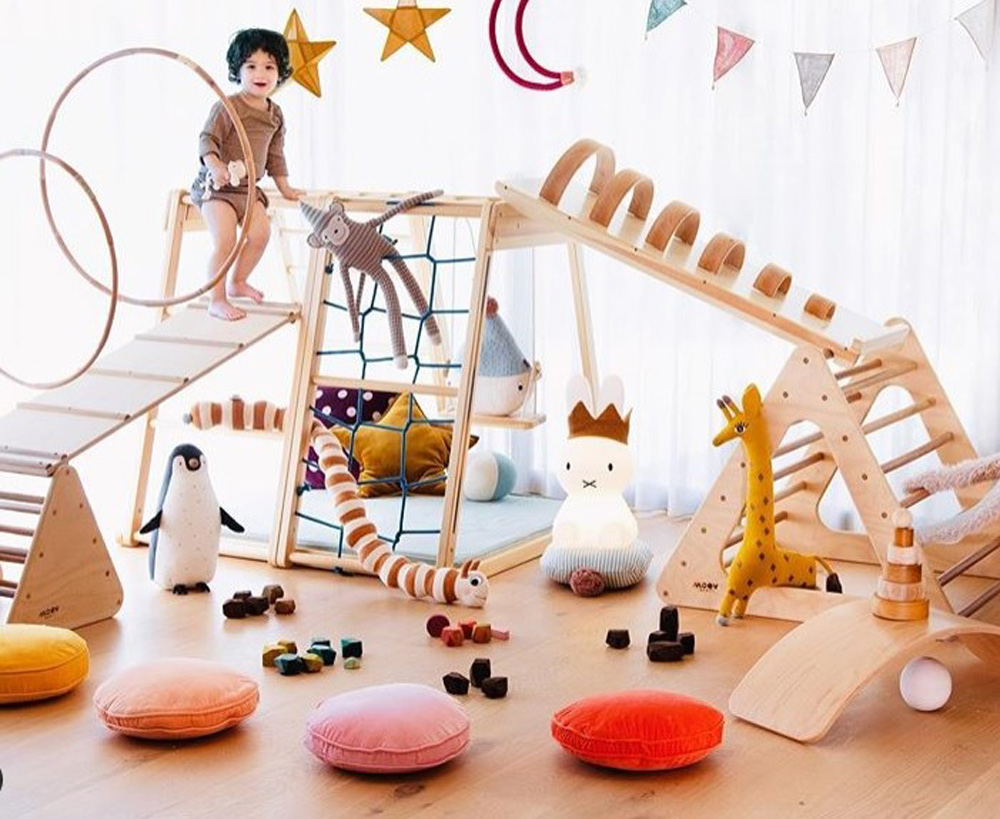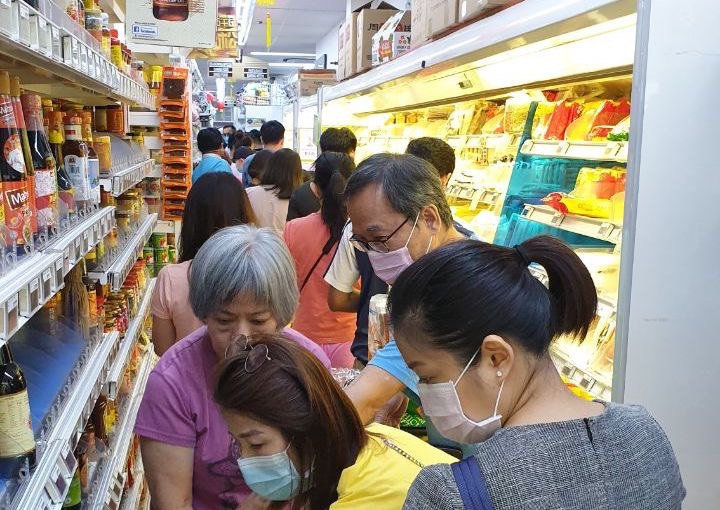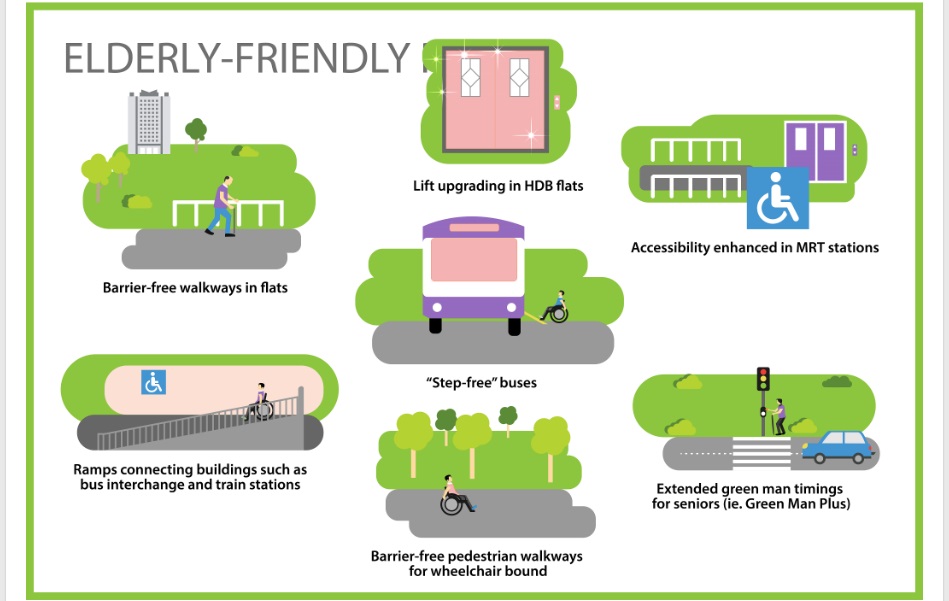By Jocelyn Neo
The Lien Foundation commissioned Blackbox Research to survey 800 parents of special needs children for an Inclusive Attitudes Survey on how inclusive Singapore society is to special needs children. The survey was conducted between January to May 2016.
The survey found that only 28% of these parents regarded Singapore as an inclusive society, while 57% of these parents agree that adults are comfortable interacting with their child and 40% agree that other children are comfortable interacting with their child.
The survey also revealed that almost half of these parents mentioned difficulty in controlling their child, hence the child could not spend more time in public areas.
If we can provide pervasive opportunities for full participation and inclusion as a way of life so that people with and without disabilities can meaningfully interact as classmates, colleagues and fellow Singaporeans, negative attitudes will gradually give way to greater understanding and respect, and new friendships.
Lee Poh Wah, CEO of Lien Foundation
“The objective of the survey is to get a national pulse on the attitudes and concerns Singaporeans have towards inclusion and inclusive education for children. The survey also offers a platform for parents with children with special needs to share their challenges and feedback. This will give them a collective voice and allow the public to better understand their plight,” said Mr Lee.
Taking care of children with special needs can sometimes overwhelm family members. “Financial stress, strained relationships and the family feeling isolated from the community are common,” he asserted.
“If we can provide pervasive opportunities for full participation and inclusion as a way of life so that people with and without disabilities can meaningfully interact as classmates, colleagues and fellow Singaporeans, negative attitudes will gradually give way to greater understanding and respect, and new friendships,” he opined.
Indeed, it is only through interactions that we learn to understand, respect, accept and include special needs children with a smile.
Autism in Focus
Some may wonder, “Why autism?”
According to the World Autism Awareness (Singapore) website, autism has affected millions of individuals worldwide. At one glance, it may not be easy to notice that a person with autism is any different from others. Hence, these group of people may easily be misunderstood if they suddenly behave out of the norm.
So, what is autism? How many people are diagnosed with this disorder?

Autism is one type of autistic spectrum disorder (ASD) that usually emerges before three years old. There is currently no known cure for autism.
According to 2014 statistics from the Centres for Disease Control and Prevention (CDC), about one percent of the world’s population has ASD. The Autism Resource Centre (Singapore) states that it is possible that one percent of Singapore’s total population, i.e. 50,000 individuals, has autism. This is based on the prevalence rates worldwide as there is no exact studies done in Singapore. It is also four times more common for boys to develop autism than girls.
Options Available for Families in Singapore
For children diagnosed with autism, there are some special schools in Singapore like Rainbow Centre, Eden School and Pathlight School that teach this group of children social and life skills, with the latter two preparing them for the working world. With proper education and intervention, children with ASD can make improvement in their communication and social skills.
Various therapies are also available, such as behavioural, occupational, speech and language therapy. For example, speech and language therapy assesses the child’s language skills and teaches them communication skills. There is also Picture Exchange Communication System (PECS), which guides the child to communicate using pictures.
However, according to Mr Lee, special education in Singapore is neither very special nor sufficiently educational.
He explained, “We see too many isolated childhoods, children with special needs (and autism) with little socialisation and education. Once children with disabilities become segregated and isolated, they risk becoming invisible, forgotten and discriminated by the wider society. Exclusion can be more disabling to a person than an actual disability. The reality is that children with disabilities, whether visible or invisible, face harsh inequalities as they do not benefit from the same opportunities as those without.”
He added that Inclusive education, such as the one offered by Kindle Garden http://www.kindlegarden.com.sg/, is a critical change agent to break down discriminatory attitudes and inculcate values that respect and embrace differences.
Similarly, there are some companies that employ people with autism. An example would be Professor Brawn Cafe, opened by parents of an autistic child; it is a social enterprise that works together with Pathlight School. The cafe has some employees with autism. It first opened at Novena Square and now has a second outlet at Circular Road.
For adults with autism, day activity centres are available, such as SG Enable and St Andrew’s Autism Centre that takes in adults aged 19 years and above. There are more of such centres islandwide, with one Adult Disability Home to be built by 2018.
There are also local autism support groups for caregivers, e.g. Autism Siblings Support Group, AWWA Centre for Caregivers, Autism Association, to name a few.
















